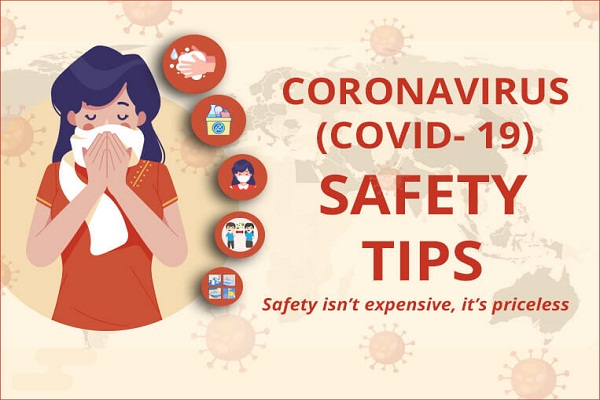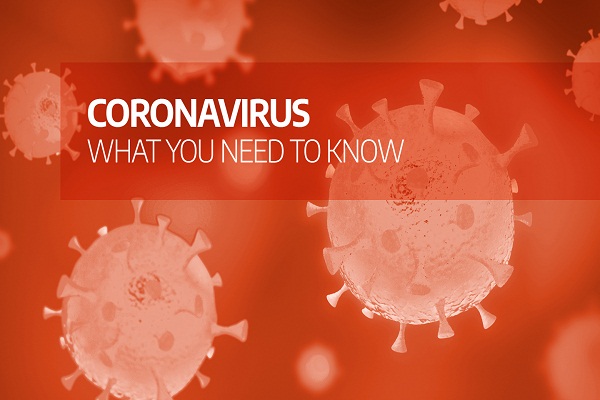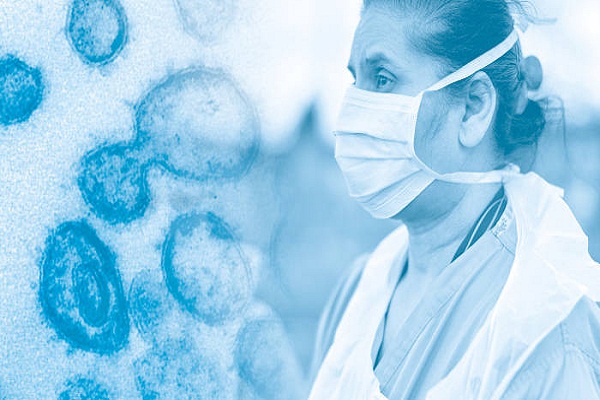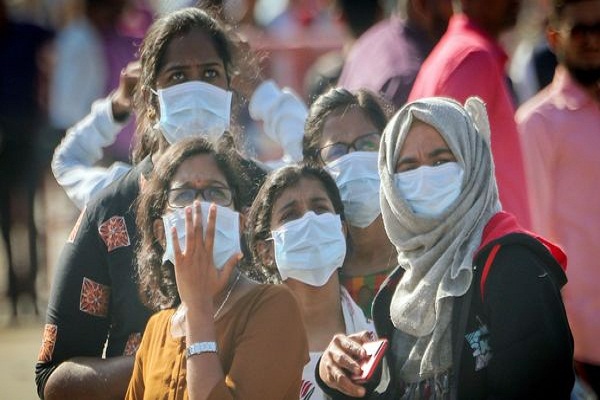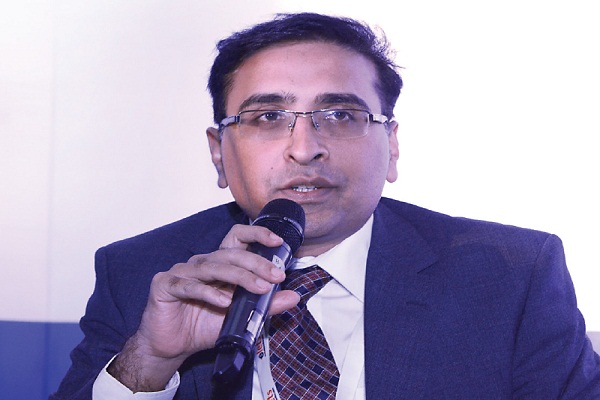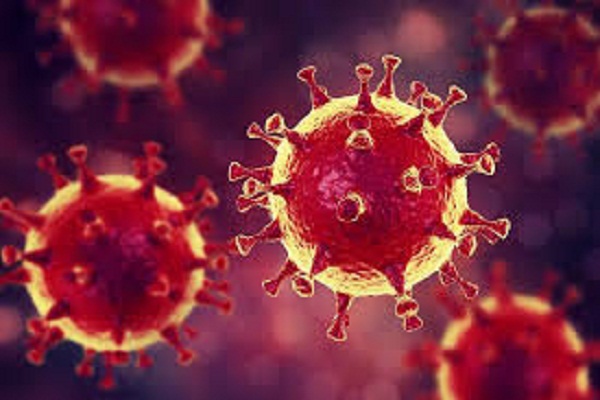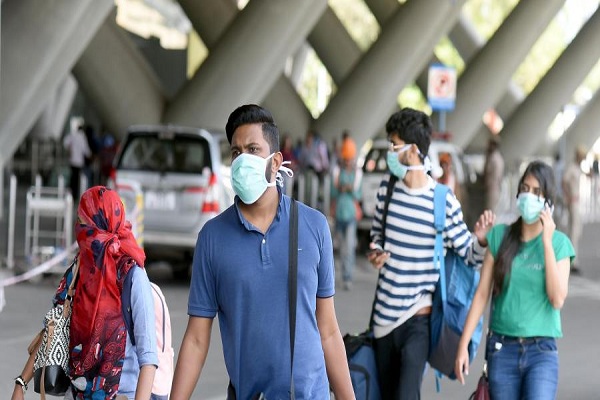
As the Diwali charm fades away, the city of Delhi gets enveloped by smoke and haze once again, owing to large scale bursting of crackers, despite many ‘environment-friendly’ initiatives. While the festival of lights is associated with fireworks and crackers all over India, the effect is significantly noticed in the National Capital Region, New Delhi being one of the most polluted cities in the world already. This can be easily assessed from a report by Centre-run System of Air Quality Forecasting and Research (SAFAR), which says that the Air Quality Index (AQI) on the day next to Diwali touched the severe mark of 506. This alarms the worst level of pollution ever in the upcoming week of November.
As a result, an advisory has been released for people to stay indoors. While one always relates to the harmful effects of pollution with respiratory and skin problems, we fail to imagine how hard oral health is affected by pollution as well.

The vibrant colours that we see on ignition of crackers are due to the presence of elements like copper, cadmium, sulphur, aluminium, and barium. The toxic gases thus released on burning crackers are acidic in nature. They remain suspended in air and get dissolved in water bodies as well. Such pollutants find their way in the human body along with food and result in teeth erosion. Even the direct exposure to polluted air deteriorates the quality of oral health, resulting in damaging the upper layer of teeth, called enamel, and increases the chances of dental caries.
Chlorine, a major pollutant, causes pigmentation of teeth. It also softens the enamel and leads to the chipping of teeth. The polluted air and water quality in a particular topography has serious effects on oral health, as it may lead to several gum diseases, tooth loss, and even oral cancer.
Exposure to pollution during pregnancy can affect the oral health of the child significantly since it can result in impaired mineralization and hypodontia (less number of teeth). A delay in moral tooth eruption is just another effect.

We have numerous preventive measures to protect ourselves from adverse effects of pollution, but oral health gets minimum attention on this front. Having healthy teeth is a strong indicator of overall well-being. A proper awareness drive is required to awaken the people and make them sensitive towards oral health.
In order to safeguard against ill effects of pollution, one must avoid going outside until the Air Quality Index improves. Simple preventive measures like brushing your teeth twice, rinsing your mouth with water at regular intervals, and flossing teeth properly should be ensured. While self- care is the best care, do not miss to pay a visit to your dentist for a complete oral checkup, this ‘post-Diwali’ season.
(The writer is Dr Puneet Ahuja, Oral Medicine & Radiology Dentist, Clove Dental. Views expressed are a personal opinion.)
Be a part of Elets Collaborative Initiatives. Join Us for Upcoming Events and explore business opportunities. Like us on Facebook , connect with us on LinkedIn and follow us on Twitter , Instagram.


